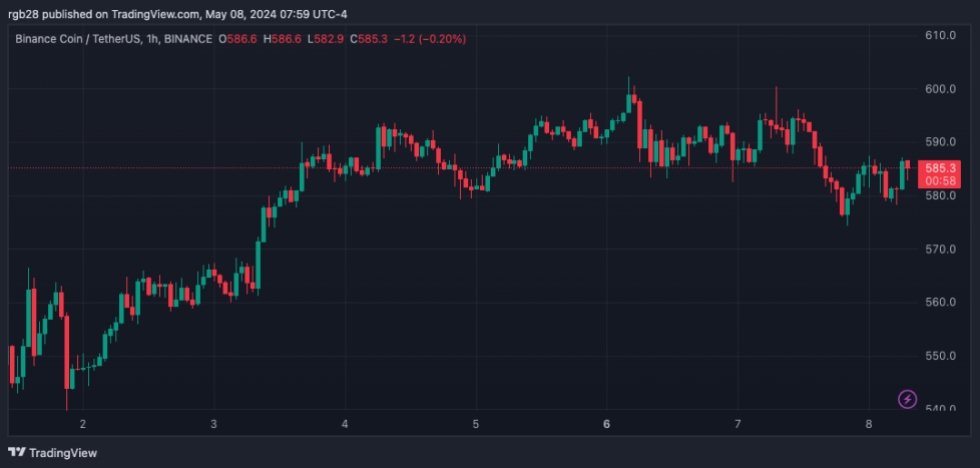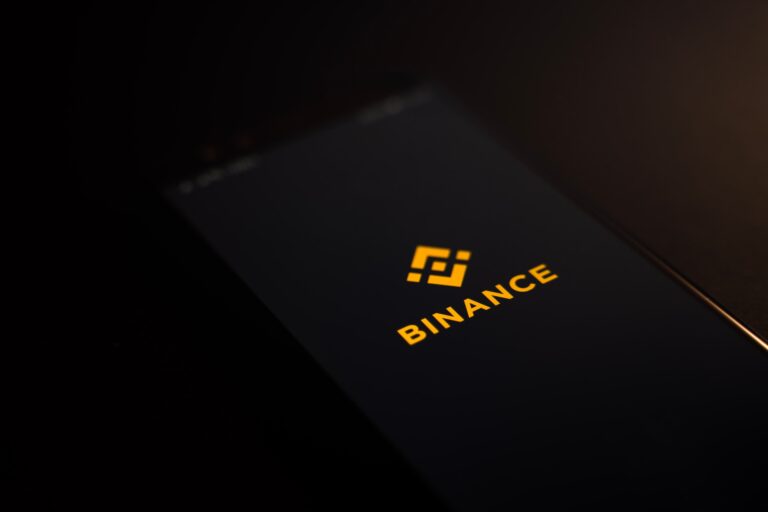Binance CEO Richard Teng recently spoke out about the abuse of power and mistreatment of the cryptocurrency exchange’s executives by Nigerian authorities, including Tigran Gambaryan, who remains in custody.
Teng believes it is time to highlight the implications of the saga between the crypto exchange and Nigerian regulators on behalf of the business community.
Binance’s view
Since the arrest of Gambaryan and Binance Africa director Nadeem Anjarwalla, tension between the crypto exchange and Nigerian authorities has increased. Tuesday, Richard Teng sharing his concerns about the country’s repression against the platform and its leaders.
In a Binance blog post, the CEO discussed the timeline of the Binance vs. Nigeria saga from the exchange’s perspective. Teng “provided the facts so that the perception of the global community is not unfairly distorted.”
My friend and colleague Tigran Gambaryan has been illegally detained by the Nigerian government for over 70 days. We work tirelessly to #BringTigranHome.
For the first time publicly, I am sharing the full context of this situation here. ⤵️https://t.co/Rg3DEYJZgW
– Richard Teng (@_RichardTeng) May 7, 2024
According to the detailed timeline, this saga began in 2022, when Nigeria’s Securities and Exchange Commission (SEC) issued new regulations requiring crypto exchanges operating in the country to obtain SEC permits and comply with specific requirements .
The exchange says it has “proactively reached out” on several occasions seeking practical advice. However, the Nigerian regulator reportedly did not respond to Binance’s questions. Teng argues that “no virtual asset service provider (VASP) has been licensed under the new regulations to date.”
In early January 2024, Binance employees finally met with the Nigerian Financial Intelligence Unit (NFIU) and agreed to share a Memorandum of Understanding (MoU). The MoU would set out the proposed terms and conditions for sharing information related to anti-money laundering (AML).
Exchange representatives participated in other meetings, including one with members of the House Committee on Financial Crimes (HCFC). Teng claims that when Binance employees left the meeting, they were approached by “unknown people who suggested they make a payment to settle the allegations.”
However, the CEO claims the team has not been informed of the details of the accusations despite repeated requests.
Additionally, Binance’s local attorney received a “large cryptocurrency payment request” within the next 48 hours. The “settlement” would “make the problems go away.”
As a result, Binance representatives left the country and refused the payment request. The exchange considered the payment an illegitimate settlement offer and clarified through its local lawyer that it would engage in regulation negotiations under certain conditions.
At the time of writing, Nigeria has denied Binance’s allegations of corruption.
According to Bloomberg, Binance CEO Richard Teng accused Nigerian officials of demanding a $150 million payment in cryptocurrency to resolve a criminal investigation the company was facing. The Nigerian government has denied Binance’s accusations that its officials solicited bribes.…
-Wu Blockchain (@WuBlockchain) May 8, 2024
Does the repression in Nigeria set a dangerous precedent?
In February, the exchange’s local advisors offered to meet with the director of the Office of National Security Advisor (ONSA). The meeting was scheduled for February 26 and the security of the stock exchange representatives was ensured.
Nevertheless, it was during this reunion that Gambaryan and Anjarwalla were taken “as guests” by Nigerian authorities and “were personally accused of being responsible for the state of the naira and the economy in general, as well as allegations of terrorist financing and money laundering “.
In this message, the CEO shared Gambaryan’s efforts to combat financial crime throughout his career. Teng pointed out that the now-detained executive helped global law enforcement freeze and seize assets worth more than $2 billion with his financial crime team in 2022 alone and 2023.
Despite being aware of the risks and growing tension, Gambaryan traveled to Nigeria as a representative of Binance. However, the executive did not behave as a “decision maker, nor as a negotiator”. He went there “as a functional expert on financial crime and capacity building in policy discussions,” as Teng puts it.
According to the post, Gambaryan’s situation “went from bad to worse” after Anjarwalla escaped detention in Nigeria at the end of March. The CEO alleges that during a bail hearing on April 25, the EFCC prosecutor said that since “The first defendant (Binance) has been operating virtually. The only thing we have to hold on to is this defendant (Tigran).
According to Teng, the Nigerian government is sending a clear message that an innocent employee “must be” detained and placed in a “dangerous prison in order to control Binance.”
Ultimately, the CEO believes that inviting mid-level employees under the pretext only to detain them “has set a dangerous new precedent for all companies around the world.”

Binance Coin (BNB) is trading at $585.3 in the weekly chart. Source: BNBUSDT on TradingView
Featured image from Unsplash.com, chart from TradingView.com


